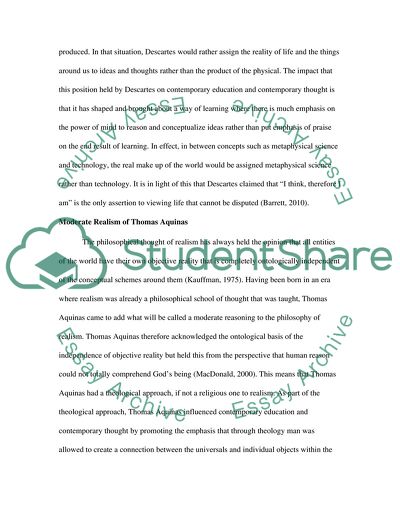Cite this document
(“Philosophy Coursework Example | Topics and Well Written Essays - 1750 words”, n.d.)
Retrieved from https://studentshare.org/education/1631777-philosophy
Retrieved from https://studentshare.org/education/1631777-philosophy
(Philosophy Coursework Example | Topics and Well Written Essays - 1750 Words)
https://studentshare.org/education/1631777-philosophy.
https://studentshare.org/education/1631777-philosophy.
“Philosophy Coursework Example | Topics and Well Written Essays - 1750 Words”, n.d. https://studentshare.org/education/1631777-philosophy.


